Can a Chiropractor Help With Nerve Pain? Unbelievable Truth!
Imagine living with a constant, nagging pain that just wont let up. It's like a relentless storm cloud hovering ove...
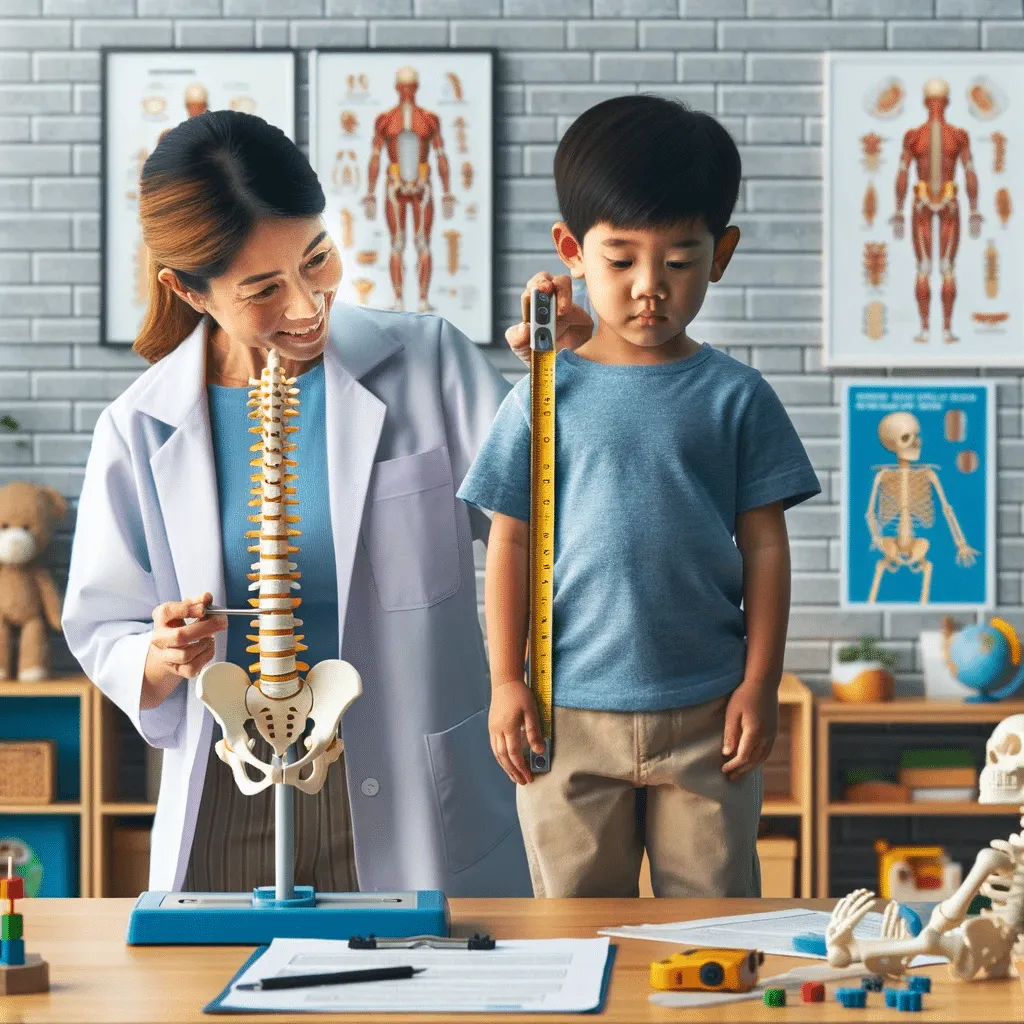
Spines, those intricate columns of bone and nerve, are the silent champions of our body’s structural integrity. Now imagine, for a moment, a young sapling. Supple, yet vulnerable to the whims of its environment – a child’s spine is much the same. With childhood spinal health concerns on the rise, early detection becomes a shield, safeguarding the blossoming growth of our little ones. This very concern beckons a spotlight; it’s not merely discomfort we’re warding off, but a potential lifetime of complications.
The weave of a child’s day, from tumbling in the grass to the weight of a backpack, can pen stories of joy or tales of woe on their spinal canvas. Dr. Nicholas Toumazos and Dr. Lauren Mayes, the sentinels at Explore Family Chiropractic, comprehend the delicate balance of play and posture. Their expertise in pediatric care paints them as custodians of childhood wellness. They stand at the ready, to educate, to treat, to nurture, with an arsenal of adjustment techniques tailored for youthful spines.
As we pivot to the next chapter, “Recognizing Early Signs of Spinal Problems in Children”, our focus sharpens. Vigilance is our ally, and knowledge our sword in the crusade against spinal ailments. Herein lies an invitation to unwrap the signs, to be fluent in the language of the back – a dialogue between parent and practitioner that echoes the sentiment, “Protect the growth, nurture the future.”

Spinal health in kids is a critical piece of the growth puzzle, often overlooked until concerns escalate. Parents, stay vigilant! Detecting spinal issues early can significantly influence your child’s development and quality of life. Here lies the crux: spotting the subtle signs that scream for attention.
Observe your child’s posture during routine activities. Slouching, uneven shoulders, or a titled head may point towards spinal misalignments. Prompt action and chiropractic consultation can prevent these quirks from becoming troublesome patterns.
Developmental milestones are your child’s unsung heroes, guarding spinal integrity. Late walkers or those with uncoordinated movements might be sending SOS signals from their spine. It’s essential to link these milestones with spinal health checks.
Kids shrug off pain, but parents, heed their silent whispers! Back discomfort or unusual stiffness may be the only hints children offer to signal spinal distress. Seek expert advice when pain becomes a recurring character in their stories.
Children’s spinal health concerns loom large but often manifest in whispers before they roar. A keen eye on postural quirks and developmental cues can catch issues early, steering clear from future complications. At Explore Family Chiropractic, Dr. Nicholas Toumazos and Dr. Lauren Mayes focusin pediatric care, ensuring your child’s spinal health is in nurturing hands.
As our little ones bloom, their spines bear the brunt of their blossoming lives. A slight stoop, a subtle winch, these nuances hold keys to their spinal stories. Let’s tune in to these signals and empower growth. With chiropractic care, we can guide their journey, ensuring a path free from spinal strife.
For a deeper dive into how chiropractic care can safeguard your child’s development, schedule a visit with our dedicated practitioners. Your proactive steps today can sculpt a healthier tomorrow for your child.
In the realm of childhood development, the spine plays a starring role, often unsung but utterly pivotal. As we wrap up this discourse, let’s keep our senses attuned to our children’s growth, for their spines are the scaffolding of their future. Next time, we’ll touch upon another aspect of their developmental journey, one that’s intertwined with the strength and resilience of their youthful frames.
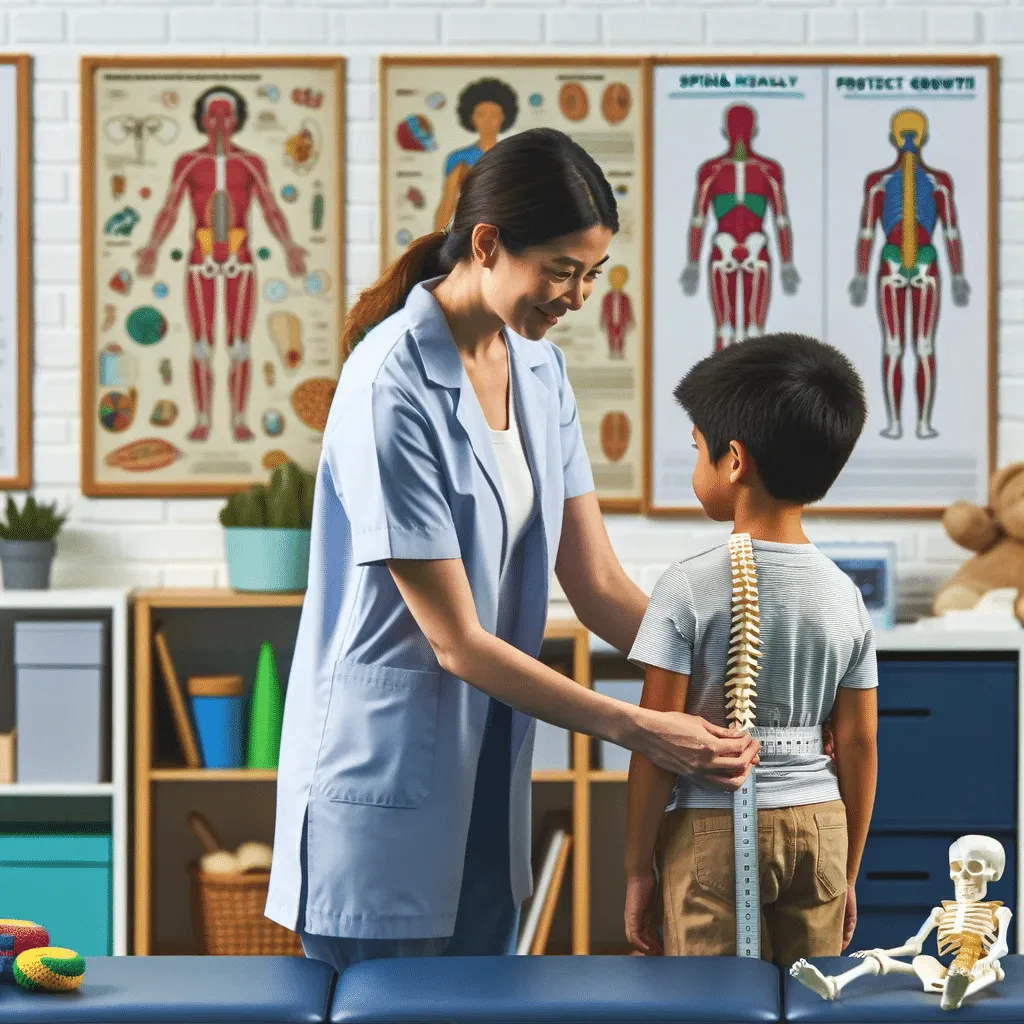
Childhood is a pivotal time for spinal health. The bones and muscles are growing, laying the foundation for a healthy adult body. Early detection of spinal issues is key. It helps ensure children can flourish without physical hindrances. Here, we delve into the most common pediatric spinal conditions. Our focus is on their potential impact and the necessary interventions.
Common Pediatric Spinal Conditions - Scoliosis: a sideways curvature of the spine, often detected during growth spurts. - Kyphosis: an excessive outward curve of the spine, leading to a hunched posture. - Spina Bifida: a birth defect where the spine and spinal cord don’t form properly. - Spinal Trauma: injuries resulting from falls, sports, or accidents.
Each of these conditions can significantly alter a child’s quality of life. They might impact physical abilities or lead to discomfort. That’s why, at Explore Family Chiropractic, we’re committed to early intervention. Dr. Nicholas Toumazos and Dr. Lauren Mayes bring expertise, especially in prenatal and pediatric care.
These spinal issues might seem similar, but they affect children differently. Scoliosis creates a side-to-side curvature, while kyphosis leads to a forward bending. Early screening is vital. It can make the difference between simple treatments and invasive procedures.
Screening Tips: - Regular check-ups with a professional - Monitoring for visible spine curvature or uneven shoulders - Consultation at the first sign of symptoms
Spina bifida is part of a group of defects called neural tube defects. It can cause lifelong challenges, but with proper care, children can lead full lives.
Management Strategies: - Surgical interventions, if necessary - Ongoing therapy and support - Adaptive equipment to aid mobility
Children’s active lives put them at risk for injuries. A fall or a sports injury can lead to trauma that may cause immediate and long-term spinal health issues.
Prevention Tips: - Proper sports techniques and equipment - Safe play environments - Education on risk activities
As we support our young ones’ spinal health, we must also consider the factors contributing to overall wellness. This includes their activity levels and nutritional intake. An active lifestyle, paired with balanced nutrition, supports strong bones and muscles. It’s part of the foundation for a healthy spine. At Explore Family Chiropractic, we offer guidance on how to incorporate these elements into daily life. We believe that a holistic approach to spinal care, including exercise and diet, is crucial. This ensures that your child’s development is on the right track for long-term health and vitality.

Nutrition and exercise are the cornerstones of maintaining a healthy spine from a young age. Spinal health in children sets the stage for their posture, flexibility, and overall well-being as they grow. Statistics reveal that 60-80% of the population will experience lower back pain at some point in their lives, with habits established in childhood playing a significant role.
Calcium and vitamin D are essential for developing strong bones in children. They can get these from dairy products, leafy greens, and fortified foods. A balanced diet, including these nutrients, can stave off conditions such as scoliosis or kyphosis.
Obesity can exert extra pressure on the spine, potentially leading to chronic back issues. Ensuring kids maintain a healthy weight is vital for spinal care.
Exercise is pivotal for children’s spinal health. Experts suggest kids need about an hour of physical activity daily. Activities like swimming, cycling, and climbing are excellent for strengthening their back and core muscles.
Physical education programs can be instrumental in establishing good exercise habits, promoting long-term spinal health.
Proper ergonomics can prevent unnecessary strain on children’s spines. An ergonomic study area can help maintain good posture during homework sessions.
Tips for ergonomic settings: - Adjustable chairs and desks - Computer screens at eye level - Regular breaks to stretch and move around
Select backpacks that distribute weight evenly and encourage your child to use both shoulder straps. Furniture should support the natural curve of the spine.
Proactive measures in nutrition, exercise, and ergonomics can help manage and prevent childhood spinal health concerns. As we transition towards understanding the more intricate details of spinal health, it’s evident that early detection and protection pave the way for robust growth and development. Engaging in these practices sets a foundation for a lifetime of spinal health, leading to a future where back pain isn’t an inevitable part of life but a preventable concern.
For those eager to delve further into maintaining spinal integrity, know that strategies extend beyond the dining table and the playground. The next steps include a comprehensive understanding of diagnosing potential issues and the treatments available to address them. Consider reaching out to a professional for a tailored approach to your child’s spinal health journey.
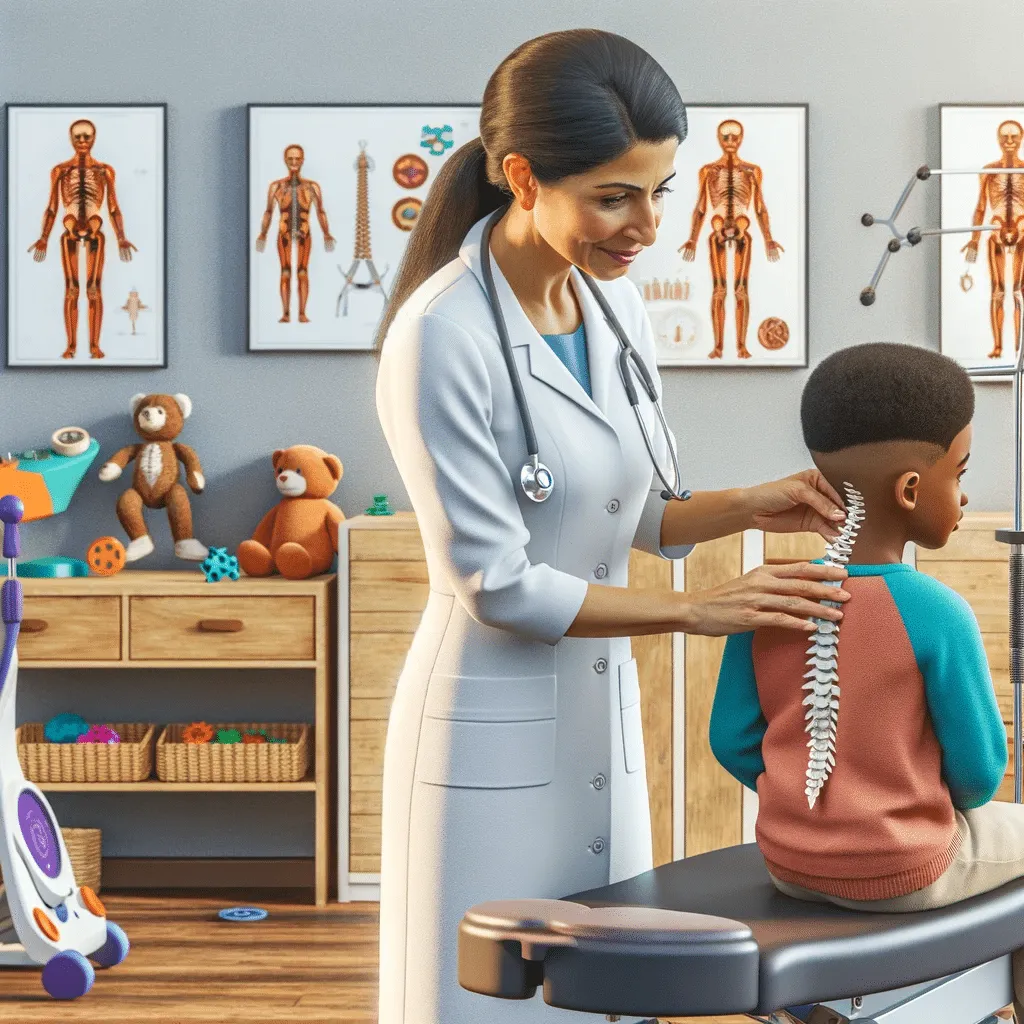
When it comes to the tender spines of children, early detection is key. Families can breathe easier knowing that a variety of diagnostic tools are at their disposal. These tools range from medical imaging like X-rays to non-invasive treatments and, in some cases, surgical interventions. It’s crucial to consider a multidisciplinary approach, particularly for more complex spinal conditions, to ensure comprehensive care.
The role of X-rays, MRI, and CT scans is pivotal in diagnosing spinal issues early on. Preparing a child for imaging procedures might seem daunting, but clear explanations can ease their minds. Understanding results is just as vital, as it sets the stage for any necessary treatment.
Exploring options like physical therapy, chiropractic care, and bracing offers numerous benefits. Statistics show that non-surgical treatments have high success rates, with positive long-term outcomes. Tailoring treatment plans to a child’s unique needs is not only sensible but also fosters better compliance and results.
Surgery is not a decision taken lightly. Criteria for surgical intervention are stringent and only considered when necessary. Pediatric spinal surgery has seen remarkable advancements, improving outcomes and recovery times. Post-operative care is equally important, ensuring children return to their daily activities with ease.
At Explore Family Chiropractic, we understand the complexities surrounding childhood spinal health concerns. Dr. Nicholas Toumazos and Dr. Lauren Mayes are equipped to guide families through these concerns with care tailored to each child’s needs. In fact, our approach often involves adjusting techniques to suit even the smallest of patients, sometimes even during their sleep or playtime. Our state-of-the-art facility and personalized care plans ensure that children receive the best possible outcomes.
The Importance of Spinal Health in Growth and Development Spinal health is the backbone of overall well-being, especially in growing children. A healthy spine supports more than just physical growth; it is integral to a child’s ability to participate in daily activities and achieve milestones. Recognizing the signs of spinal issues early can make a world of difference, protecting a child’s growth and paving the way for a healthier future.
Here’s a quick snapshot of what to look out for: - Unusual posture or curvature of the spine - Complaints of back pain or discomfort - Difficulty in performing certain movements or activities
As we navigate through the avenues of spinal health, we must also reflect on the psychological impact such conditions can have on a child. Concerns around self-image, social interactions, and physical limitations can weigh heavily on young minds. With expert care and a supportive environment, we can uplift these young individuals on their journey to wellness.
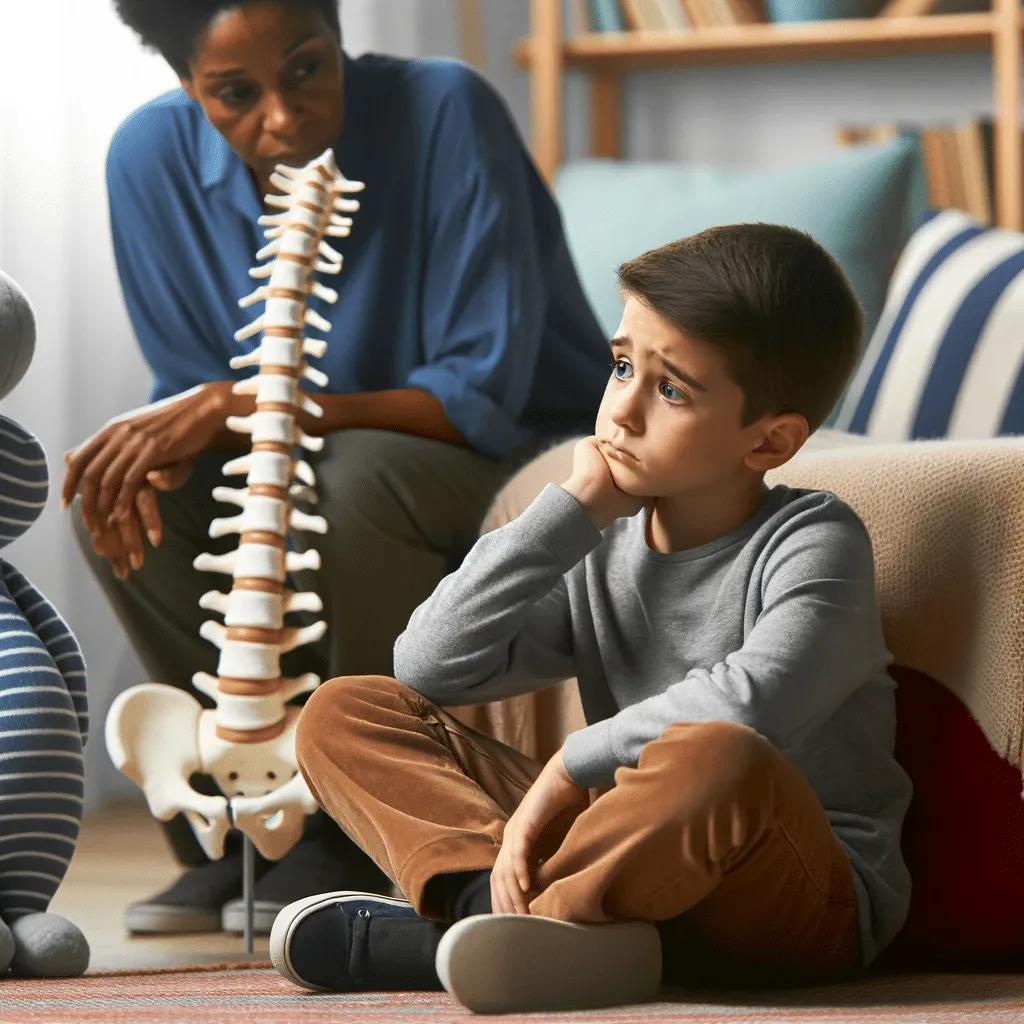
Spinal health troubles in children can cast a long shadow over their young lives, often causing distress beyond physical discomfort. The mental repercussions are not to be underestimated. Take, for instance, a child grappling with scoliosis; they might grapple with self-esteem issues alongside back pain. This dual burden can make the journey to wellness seem steeper. Parents and caretakers, bear this in mind: your child’s spine health can significantly influence their mind and emotions.
When a child’s spine health is compromised, it can lead to visible changes in posture or gait. These alterations can be a source of self-consciousness, particularly during the already tumultuous years of growing up. It’s not just the mirror that reflects these changes; peers can be mirrors too, sometimes magnifying insecurities.
Chronic pain is an unwelcome companion that can disrupt a child’s daily routine, from playtime to classroom focus. Pediatric patients often require tailored approaches to manage pain, ones that blend medical treatment with supportive therapies. According to The Advanced Spine Center, strategies might include physical therapy or counseling, which can equip children with the tools to navigate their pain.
Children with spinal health issues may find themselves navigating a maze of social and educational hurdles. They might face misunderstanding from peers or require special accommodations at school.
Remember, your child’s school is a partner in their overall health. Open lines of communication are crucial.
Here at Explore Family Chiropractic, we’ve seen firsthand how each child’s journey with spinal health is unique. Some of our youngest patients have shown remarkable resilience, finding their stride even amidst treatment. It’s heartwarming to witness a child regain not just mobility but also their spark after successful intervention.
As a local clinic, we’ve taken strides to ensure we cater to these young lives with utmost care. Our approach is tailored, flexible, and always in tune with the needs of each child. Whether it’s adjusting our techniques to their comfort levels or guiding them through exercises that empower, we’re here to support every step of their journey.
As we draw this discussion to a close, it’s worth considering how we, as a community, can rally around our children facing these challenges. It’s about more than just healing—it’s about empowering them to grow, thrive, and step confidently into their futures. Join us as we continue to advocate for the health and happiness of our younger generation.
Grasping the gravity of spinal health for the young ones, can’t be overstated. Our kids rely on us to champion their well-being, making our role pivotal. At Lakeview Family Chiropractic Health Center, we’re passionate about educating and partnering with families. Our aim? To ensure your child’s spinal health is guarded and nurtured during those crucial developmental years. We’re here, armed with the expertise to spot and address concerns swiftly, preventing minor issues from ballooning into major ones.
Key Takeaway: Embrace our expertise in the realm of pediatric spinal care. We’re adept at decoding the complexities of your child’s needs, ensuring they thrive now and in the future. Let’s join hands, forming a bulwark around your child’s spinal health. We implore parents to seek our professional guidance, without delay, for any spinal health concerns. The benefits of our supportive community and resources are manifold, offering a haven for families navigating these challenges. Take the leap today; reach out to us and let’s safeguard your child’s journey towards optimal health.
So, here’s the deal. If you’re pondering over the right move for your child’s spinal health, ponder no more. Lakeview Family Chiropractic Health Center stands ready. We’re your allies in this journey, every step of the way. Why not book a consult with Dr. Mike Giesie? It’s a chance to chat about your child’s health in a setting that’s understanding and tailored to your needs. Our holistic approach is not just a service; it’s a commitment to your child’s vibrant health future. Your action can shape their tomorrow. Ring us up. Let’s set the course for a spine-tingly bright future together.
The most common childhood spinal health concerns include scoliosis (curvature of the spine), kyphosis (hunchback), and lordosis (swayback). Additionally, spinal injuries from accidents, congenital spinal deformities, and neuromuscular conditions can affect children’s spinal health.
Common signs of spinal problems in children include uneven shoulders or waist, one hip higher than the other, protruding shoulder blades, leaning to one side, back pain, and difficulty walking or standing straight. If a child complains of persistent back pain, it should be evaluated by a healthcare professional.
Scoliosis is often detected during a routine physical exam or school screening. The Adam’s forward bend test is a common screening technique where the child bends forward at the waist, and the examiner looks for any asymmetry in the ribs or lower back. If scoliosis is suspected, an X-ray can confirm the diagnosis and determine the extent of the curvature.
Heavy backpacks can contribute to back pain and posture issues in children. It is recommended that a child’s backpack should not exceed 10-15% of their body weight. Properly fitting and wearing backpacks with two padded straps can help distribute weight evenly.
Treatment options for spinal deformities in children vary based on the type and severity of the condition. They can range from observation, bracing, physical therapy, to corrective surgery in severe cases. The goal is to prevent progression of the deformity and maintain a functional and balanced spine.
Regular physical activity strengthens the muscles surrounding the spine, promotes good posture, and helps maintain flexibility. Activities such as swimming, biking, and age-appropriate exercises can support spinal health and prevent back pain.
Preventative measures include encouraging good posture, ensuring children use ergonomically designed furniture, promoting a healthy diet and regular exercise, and monitoring backpack weight. Early detection and treatment of spinal issues are also crucial.
While there is no set age for a first spinal check-up, children may be screened for spinal issues during regular pediatric appointments. If there are concerns about the child’s spine or posture or if there is a family history of spinal deformities, a check-up with a professional may be warranted.
Yes, severe spinal problems can affect a child’s growth and development. They can lead to complications such as chronic pain, reduced mobility, and in some cases, can impact lung function and other vital organs. Early detection and treatment are important to minimize these risks.
A parent should consult a doctor if their child’s back pain is severe, persistent, or associated with other symptoms such as fever, weight loss, or neurological issues. Additionally, noticeable changes in posture, such as a hunched back or uneven shoulders, warrant a medical evaluation.
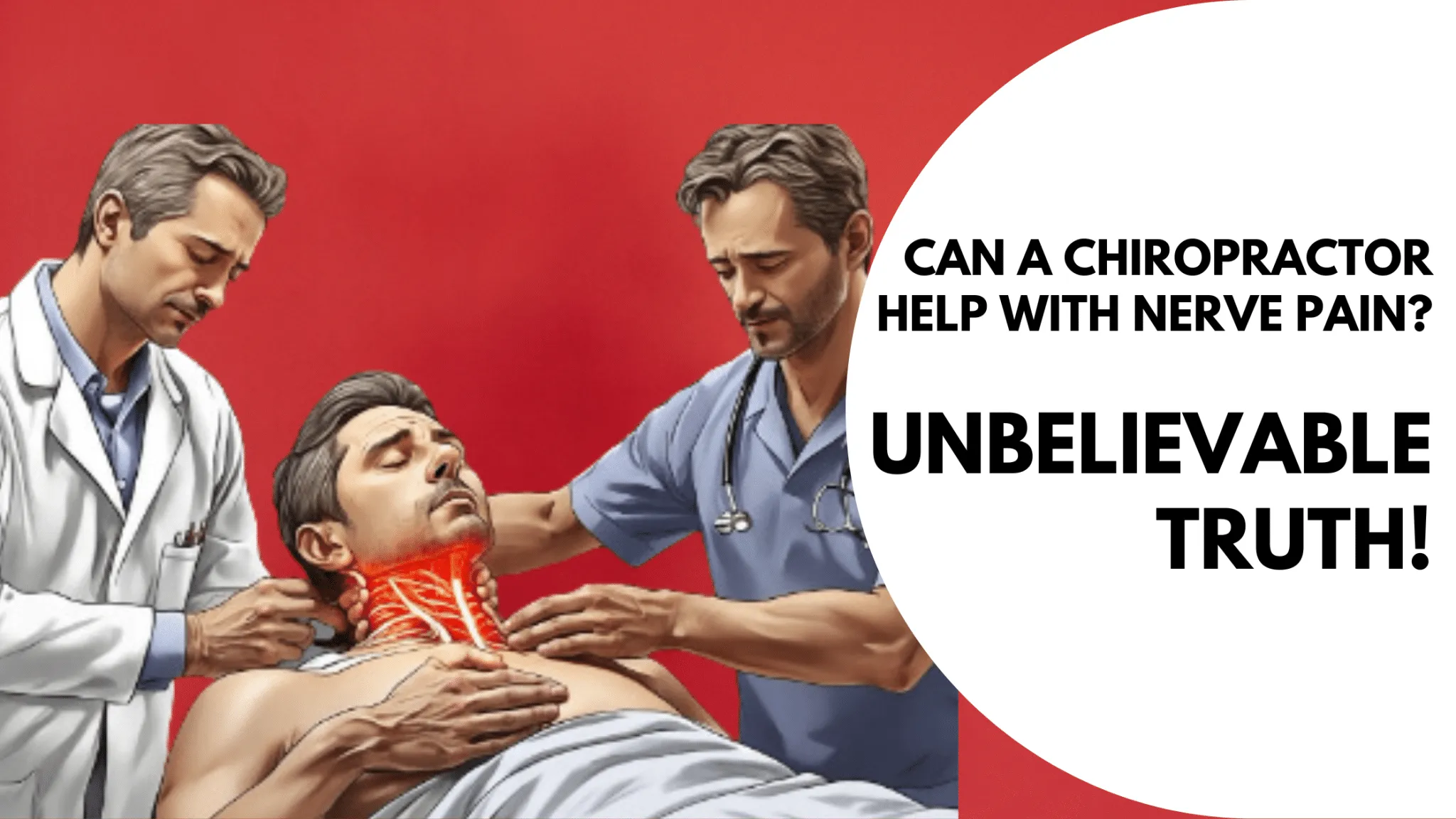
Imagine living with a constant, nagging pain that just wont let up. It's like a relentless storm cloud hovering ove...
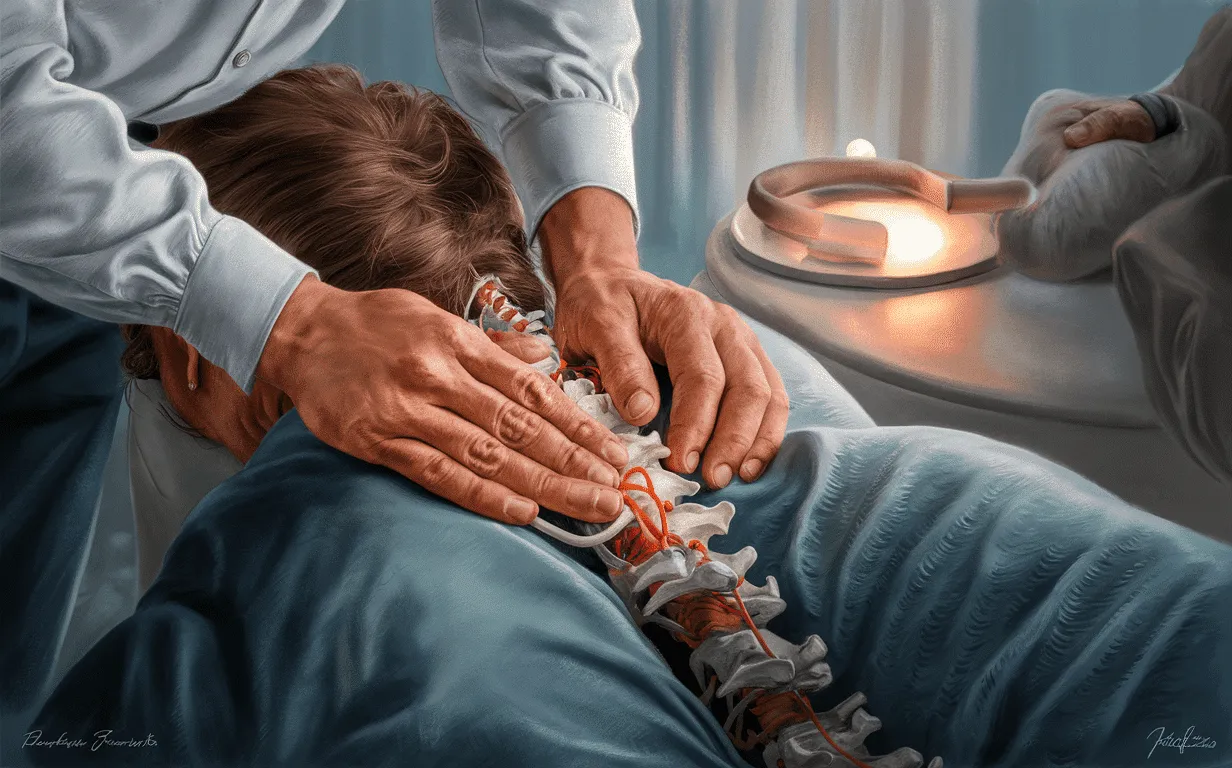
Are you experiencing numbness, tingling, or pain in your hands and feet? You might be dealing with neuropathy, a co...

There are a lot of things that can cause pain. Sometimes it is a result of an accident, while other times, it can r...
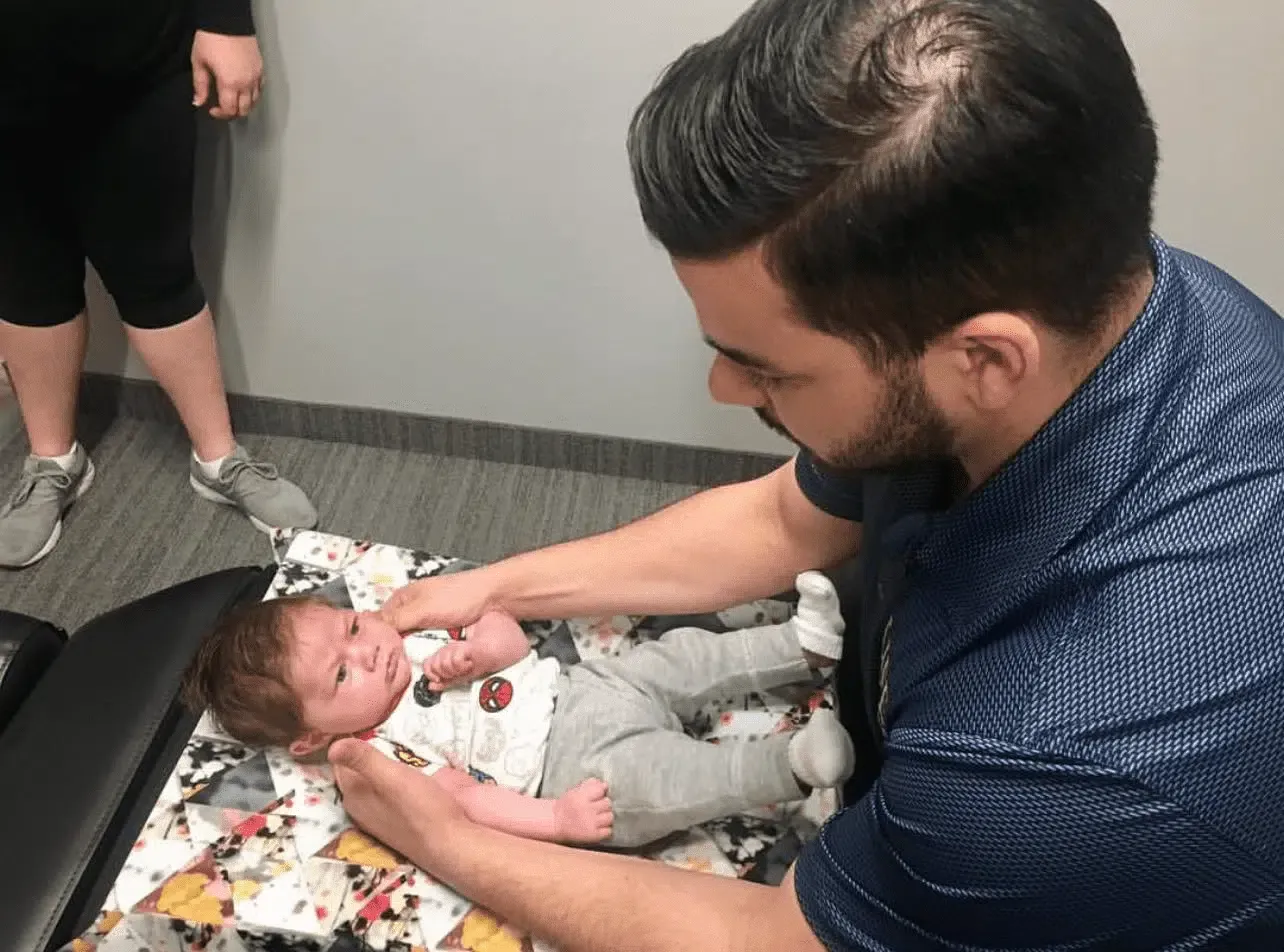
We provide customized chiropractic services to help you find your unique path to transformation. Get started transforming your health today with Explore Family Chiropractic.